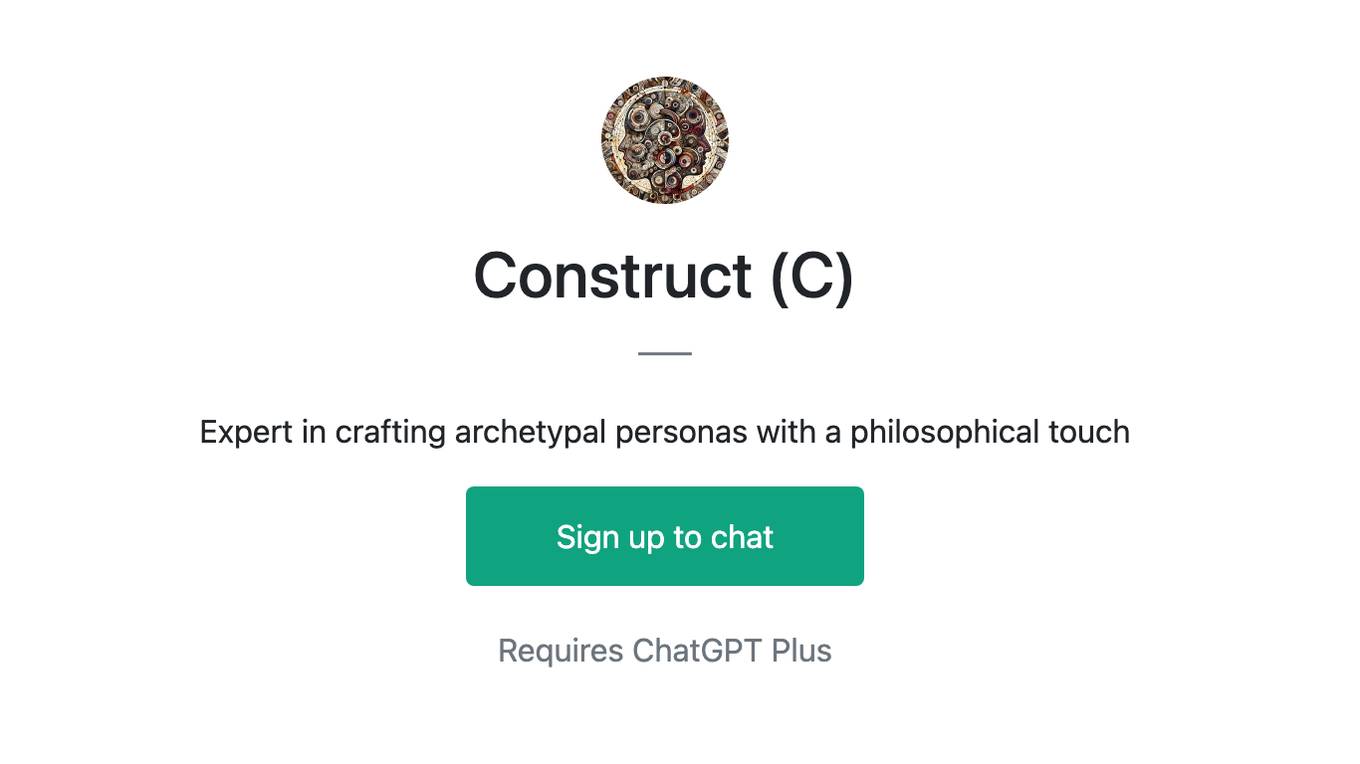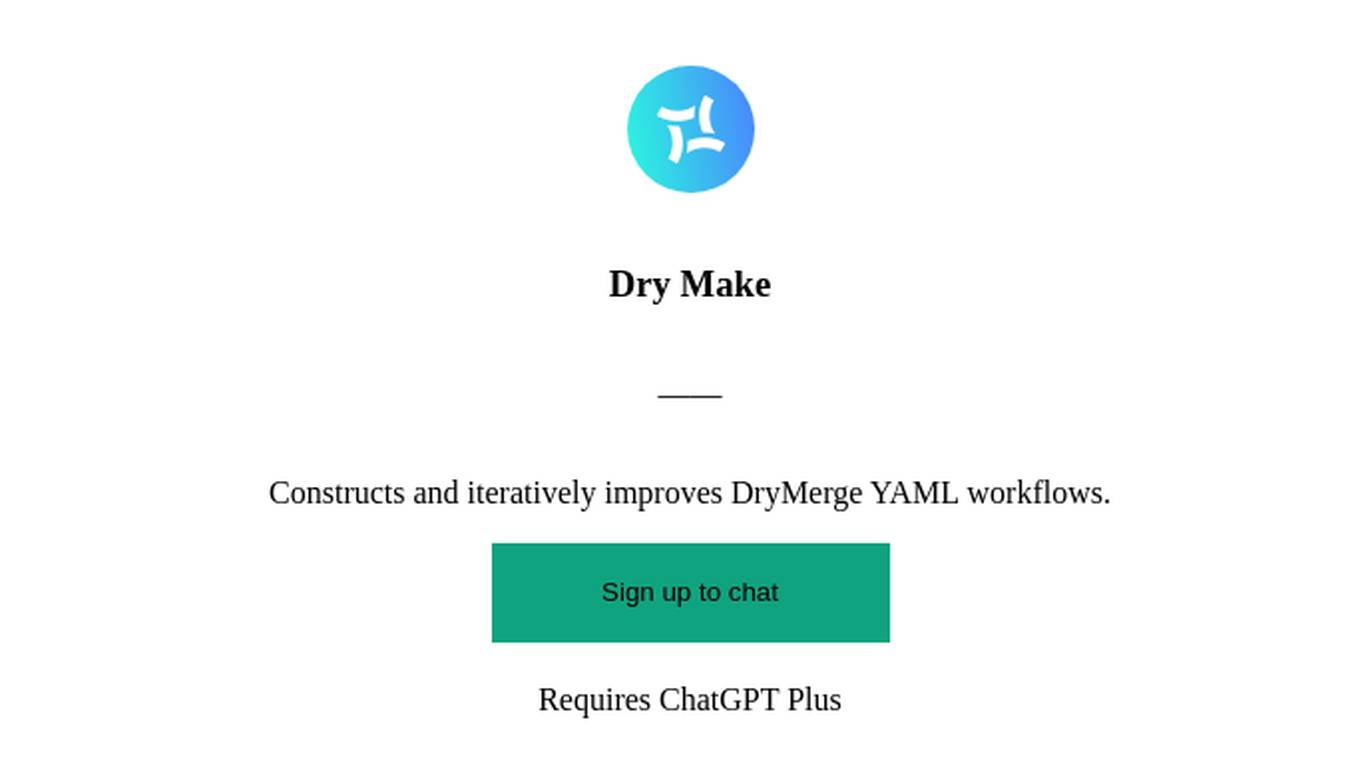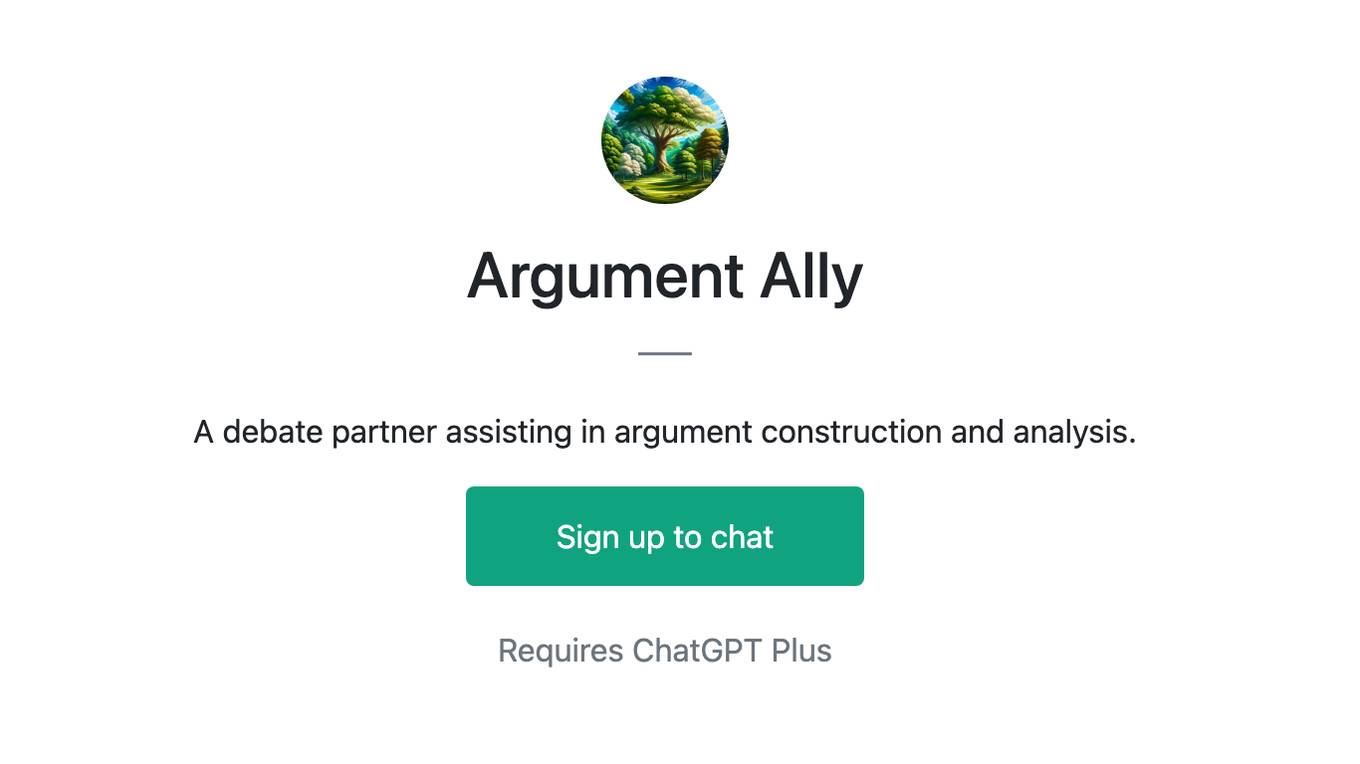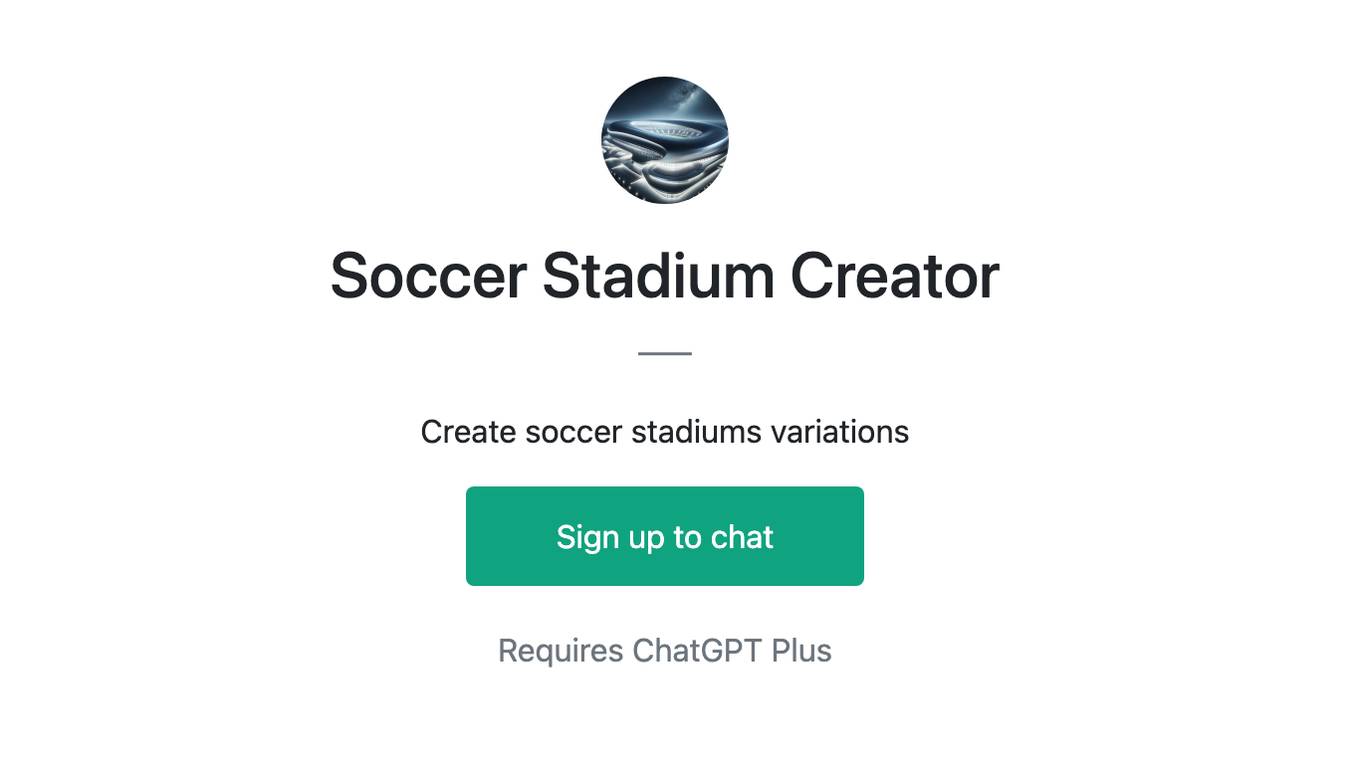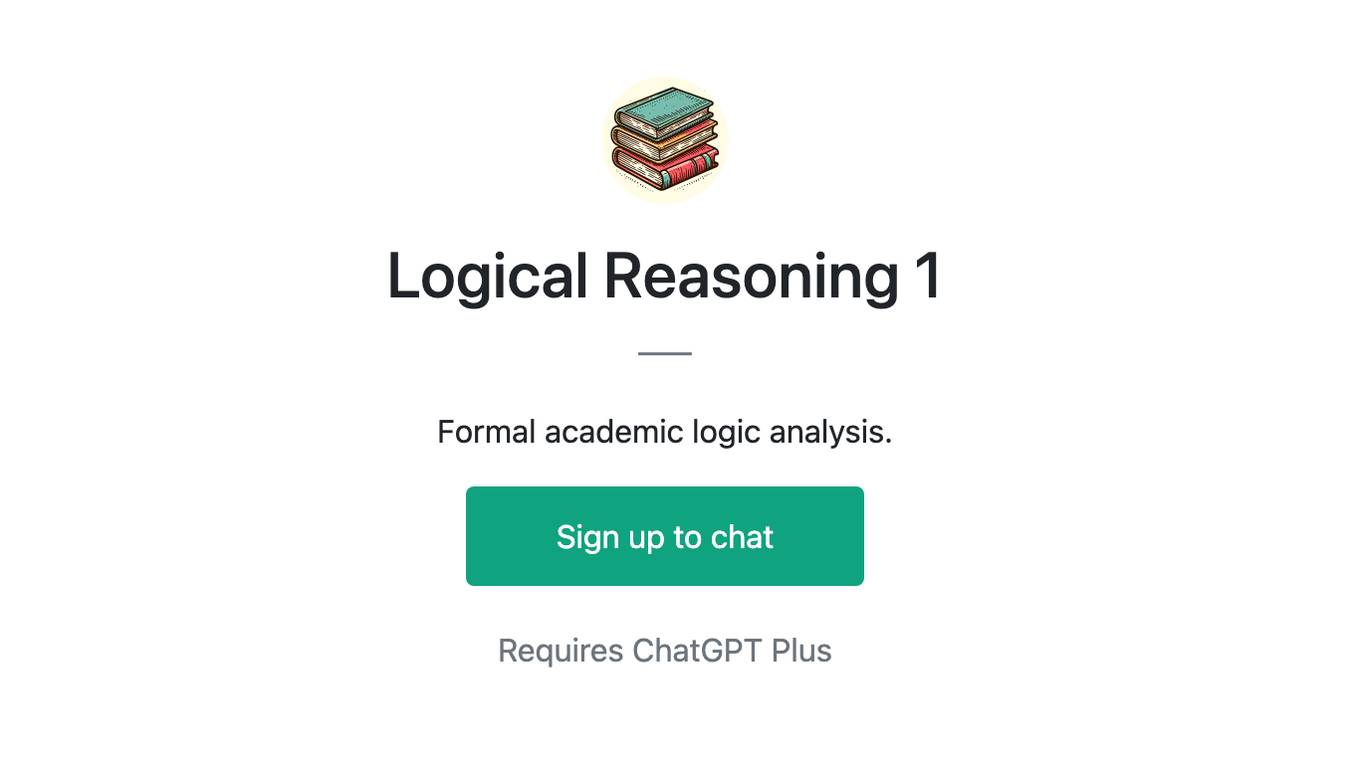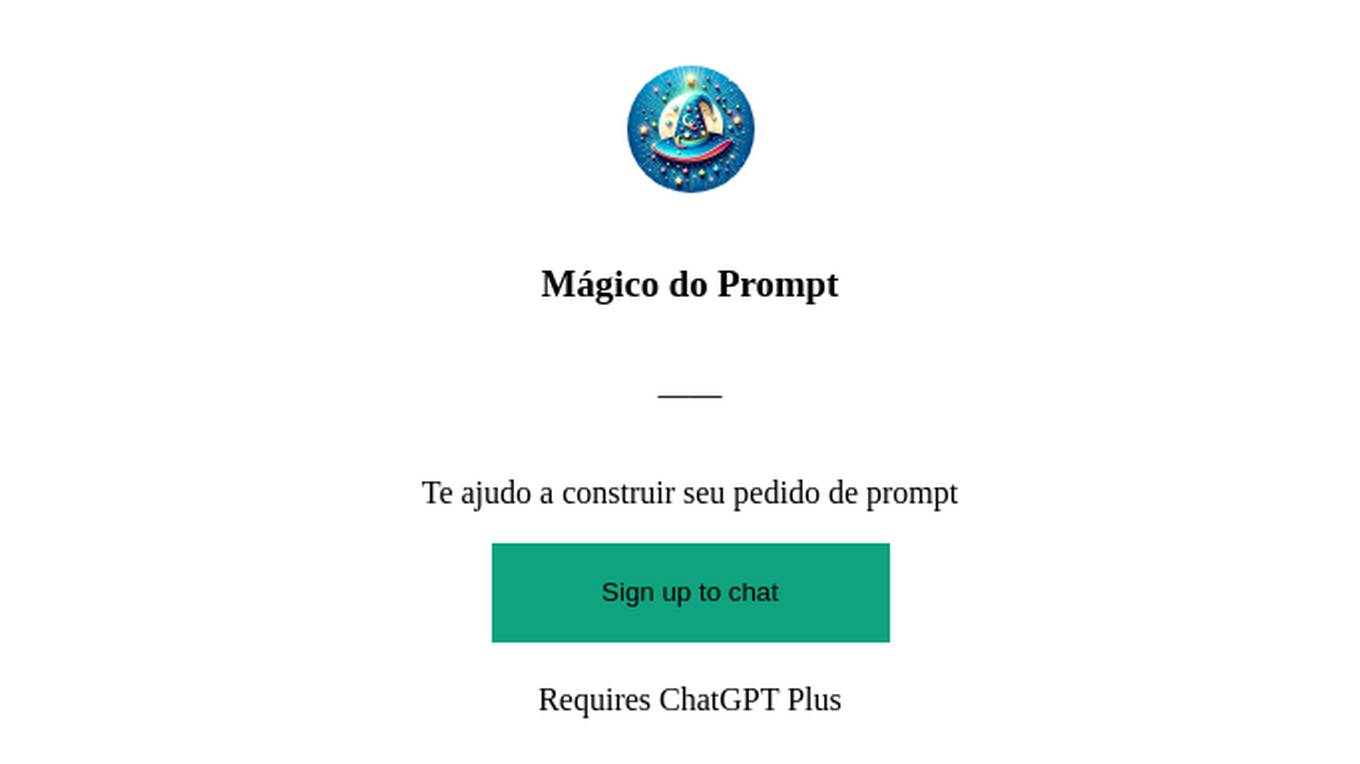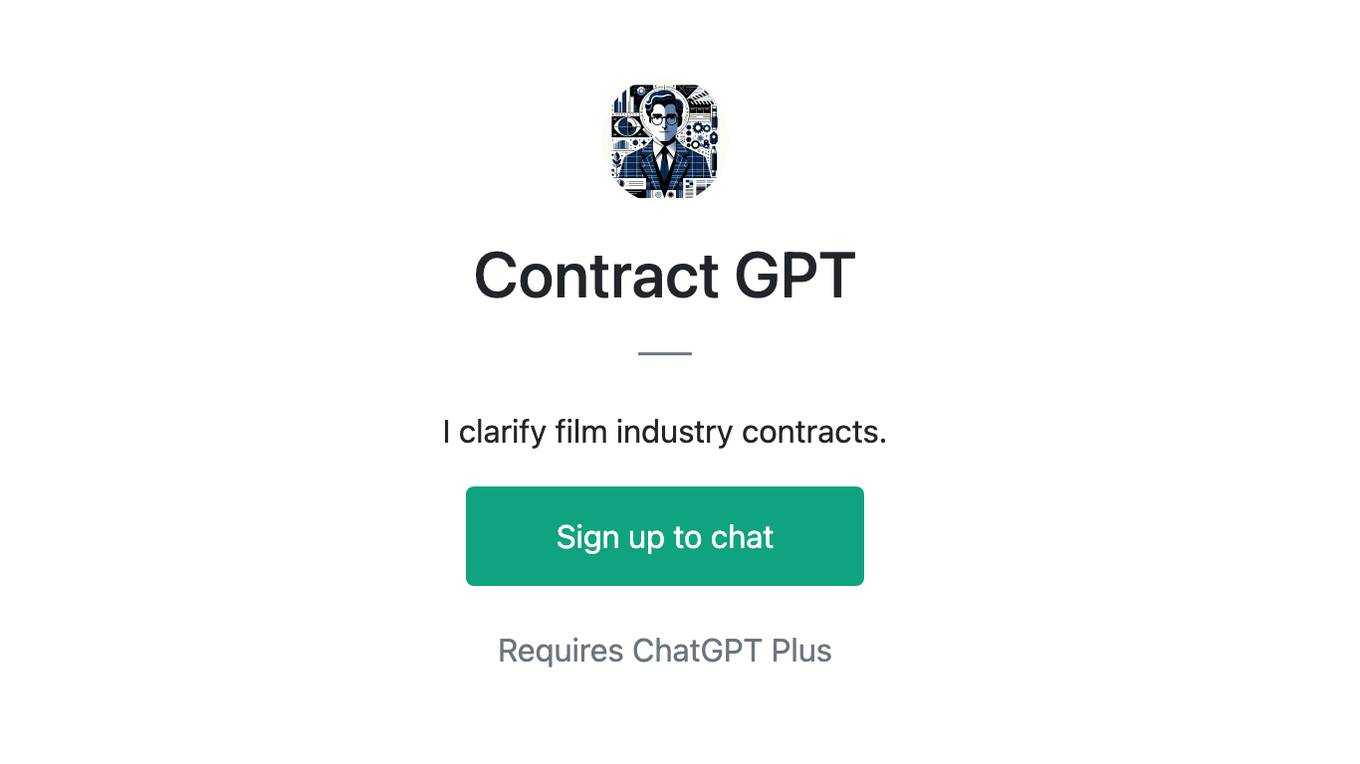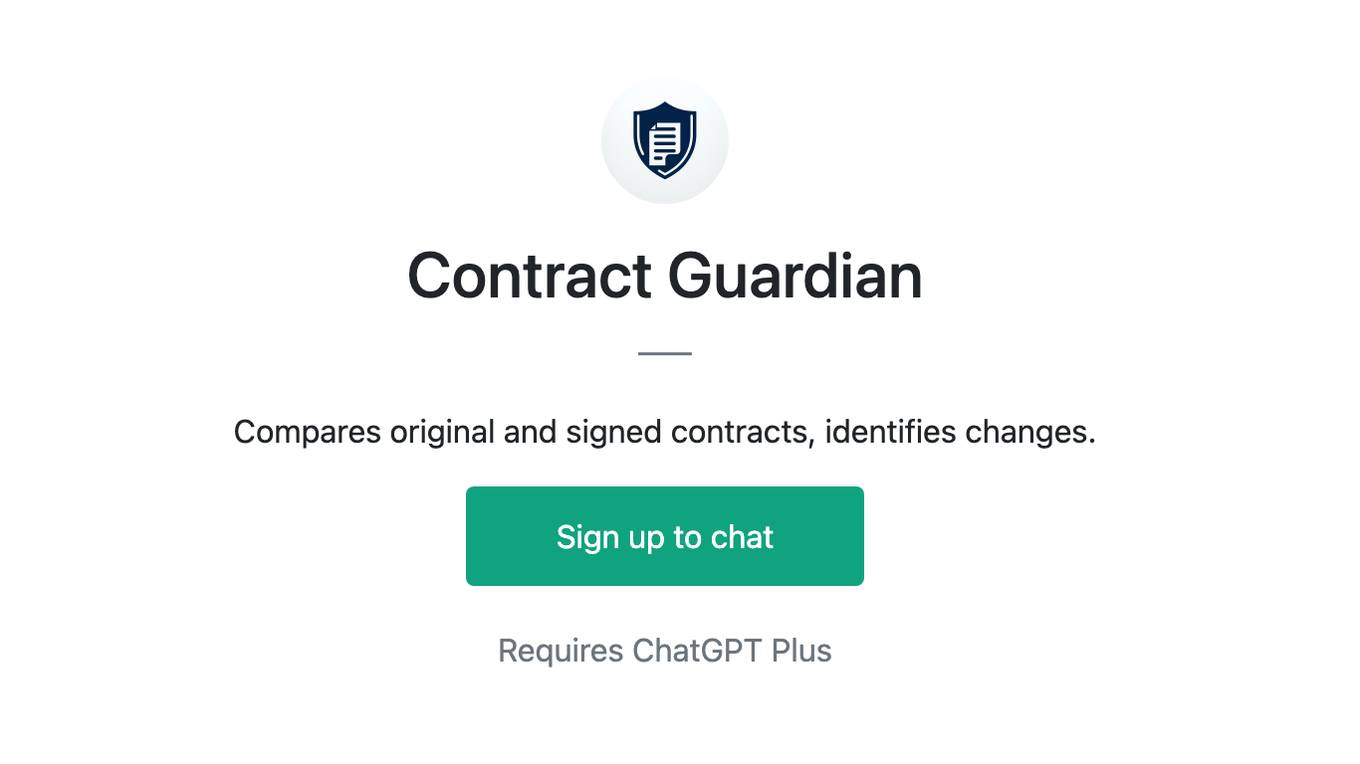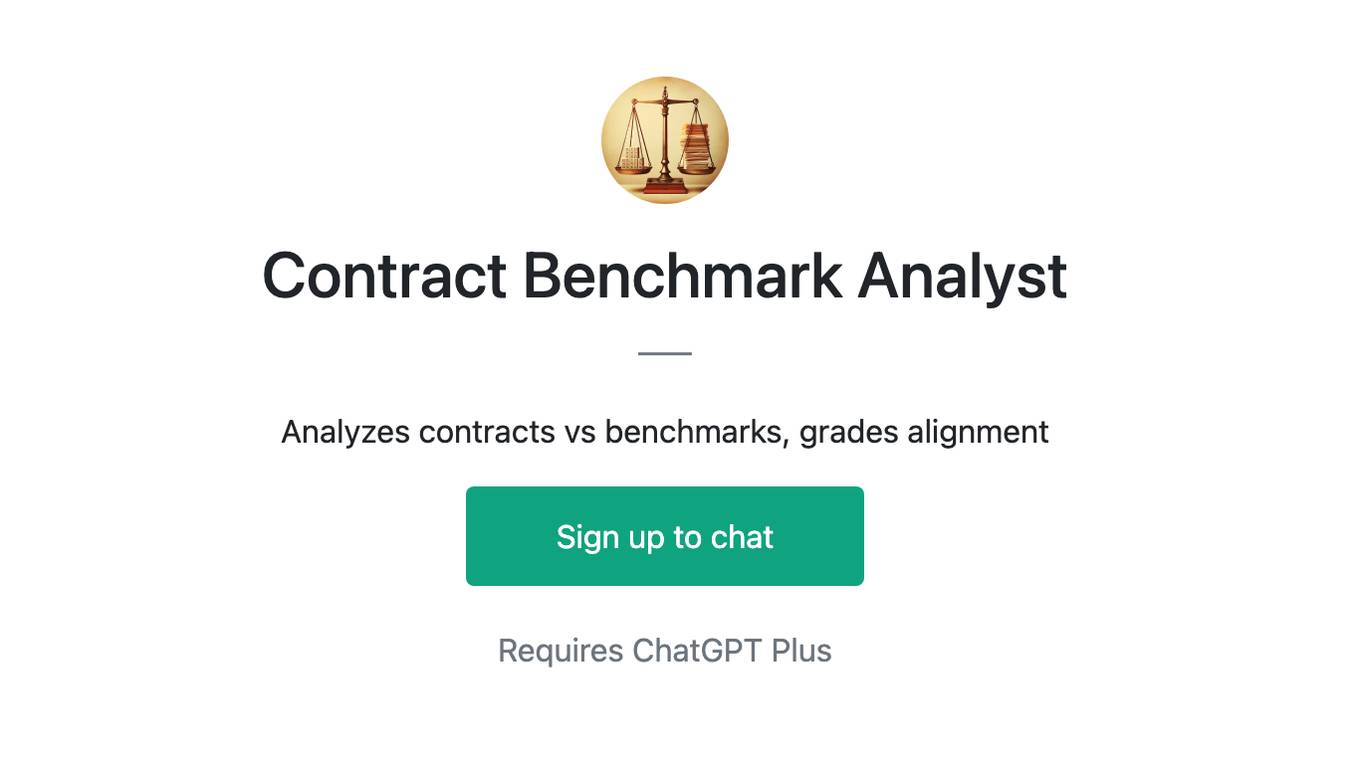Best AI tools for< Construct Scenarios >
20 - AI tool Sites

Yesr
Yesr is an expert AI negotiator tool designed to assist users in negotiating various deals and agreements. The tool utilizes advanced artificial intelligence algorithms to analyze negotiation scenarios, provide strategic recommendations, and optimize outcomes. With Yesr, users can improve their negotiation skills, enhance deal-making capabilities, and achieve more favorable results in business and personal negotiations.

包阅AI
包阅AI is an intelligent AI reading assistant that covers various scenarios such as paper reading, legal analysis, scientific research, marketing, education, brand analysis, and business understanding. It supports multiple document formats like PDF, Word, PPT, EPUB, Mobi, TXT, and Markdown. The tool offers features like document interpretation, web page summarization, contract review, resume analysis, and financial document analysis. With the ability to analyze over 50,000 documents and assist more than 100,000 knowledge workers efficiently, it aims to enhance work and study productivity through AI-powered assistance.
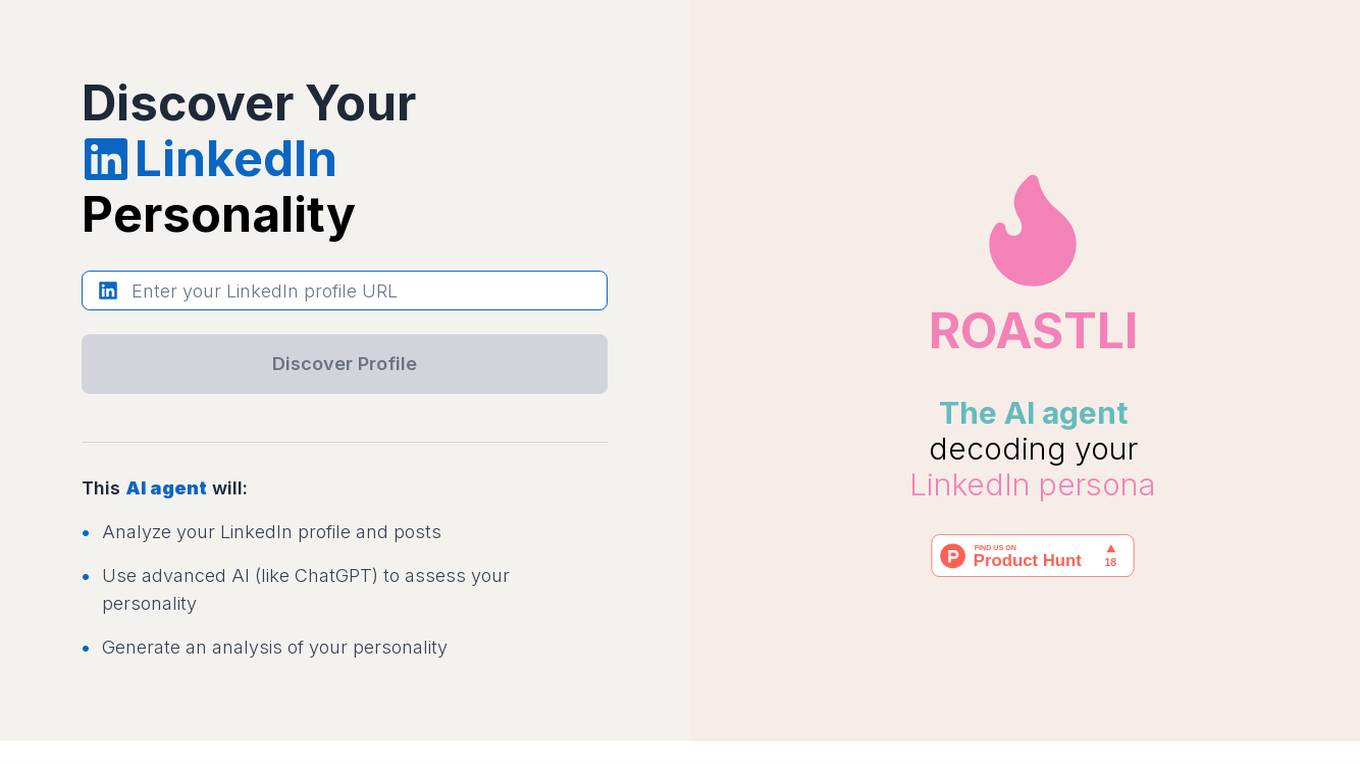
ROASTLI
ROASTLI is an AI tool designed to analyze LinkedIn profiles and posts using advanced AI technology like ChatGPT. It generates a detailed analysis of the user's personality based on their LinkedIn activity. Additionally, ROASTLI is built on Wordware, an IDE for creating custom AI agents using natural language, making it suitable for various applications such as legal contract generation, marketing automation, and invoice analysis. It is ideal for cross-functional teams working on LLM applications, including non-technical members who require prompt outputs and quick iterations. ROASTLI empowers domain experts to shape LLM outputs without coding, particularly beneficial for scenarios like lawyers developing legal SaaS products. Developers can leverage ROASTLI to build sophisticated AI agents swiftly, offering features like loops, conditional logic, structured generation, and custom API integrations.
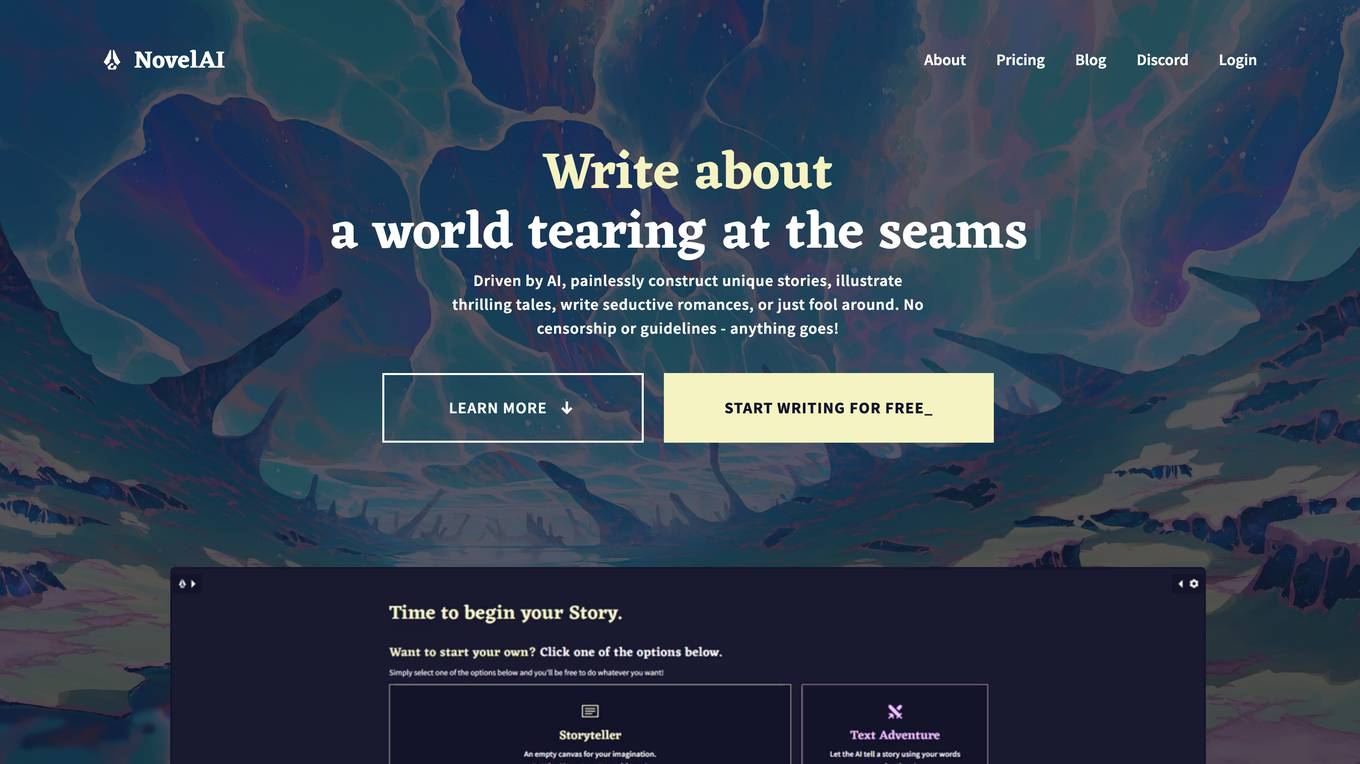
NovelAI
NovelAI is an AI Anime Image Generator & Storyteller that offers a creative platform for users to bring their imagination to life without limits. With a helpful cowriter and an easy-to-use image generator, NovelAI provides tools to unlock creative potential by generating anime-inspired characters and stories. The platform features a purpose-built creative editor, reliable image adjustment, random prompt generation, advanced AI settings, and tools for transferring aesthetics and correcting mistakes. Join thousands of AI artists who use NovelAI daily to create unique and visually stunning images.
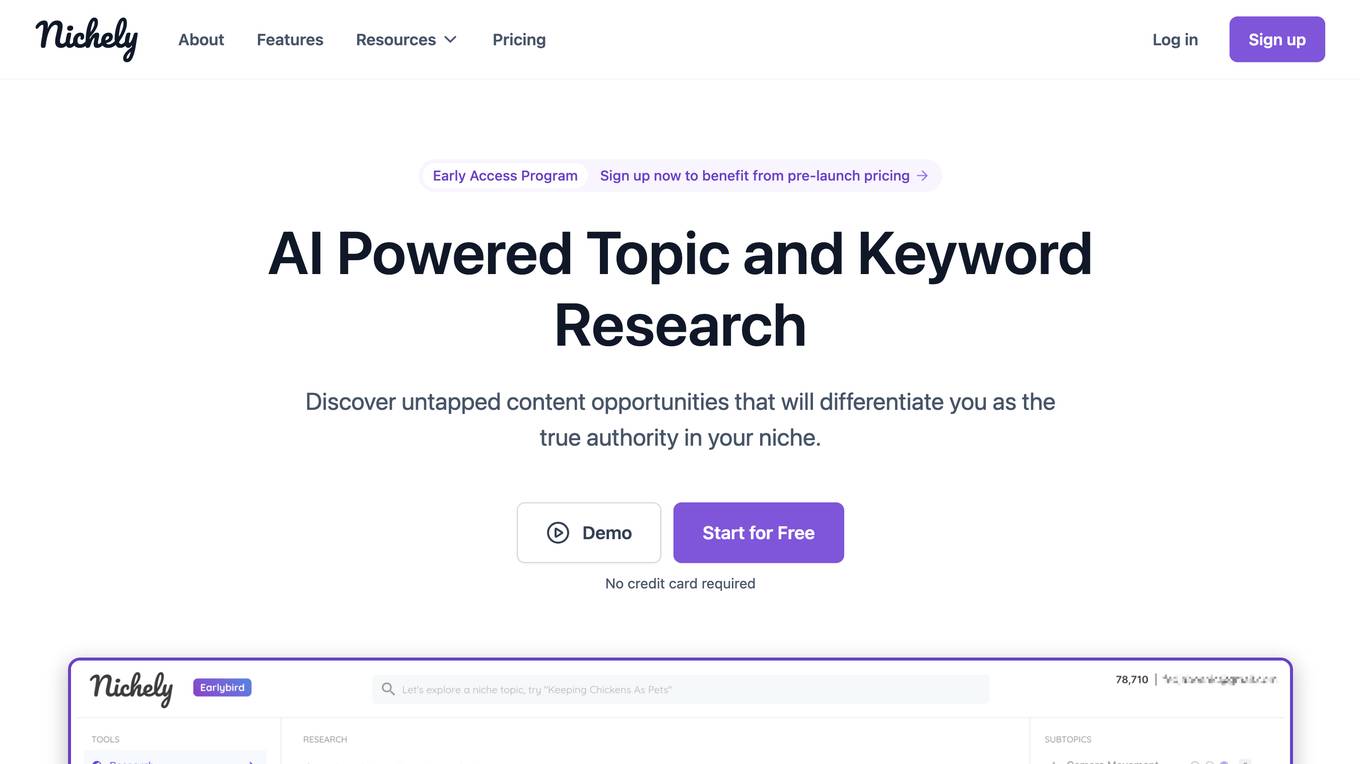
Nichely
Nichely is an AI-powered SEO tool that helps users dominate their niche by leveraging cutting-edge AI technology to navigate and correlate millions of topics in various niches. It offers features such as topic discovery, topic research, and keyword research to assist users in building detailed topical maps and comprehensive topic clusters. With Nichely, users can uncover untapped content opportunities, find relevant long-tail keywords, and analyze SERPs. The tool is designed for content/niche website owners, entrepreneurs, bloggers, and individuals looking to enhance their topical authority and construct strong topical clusters and maps.
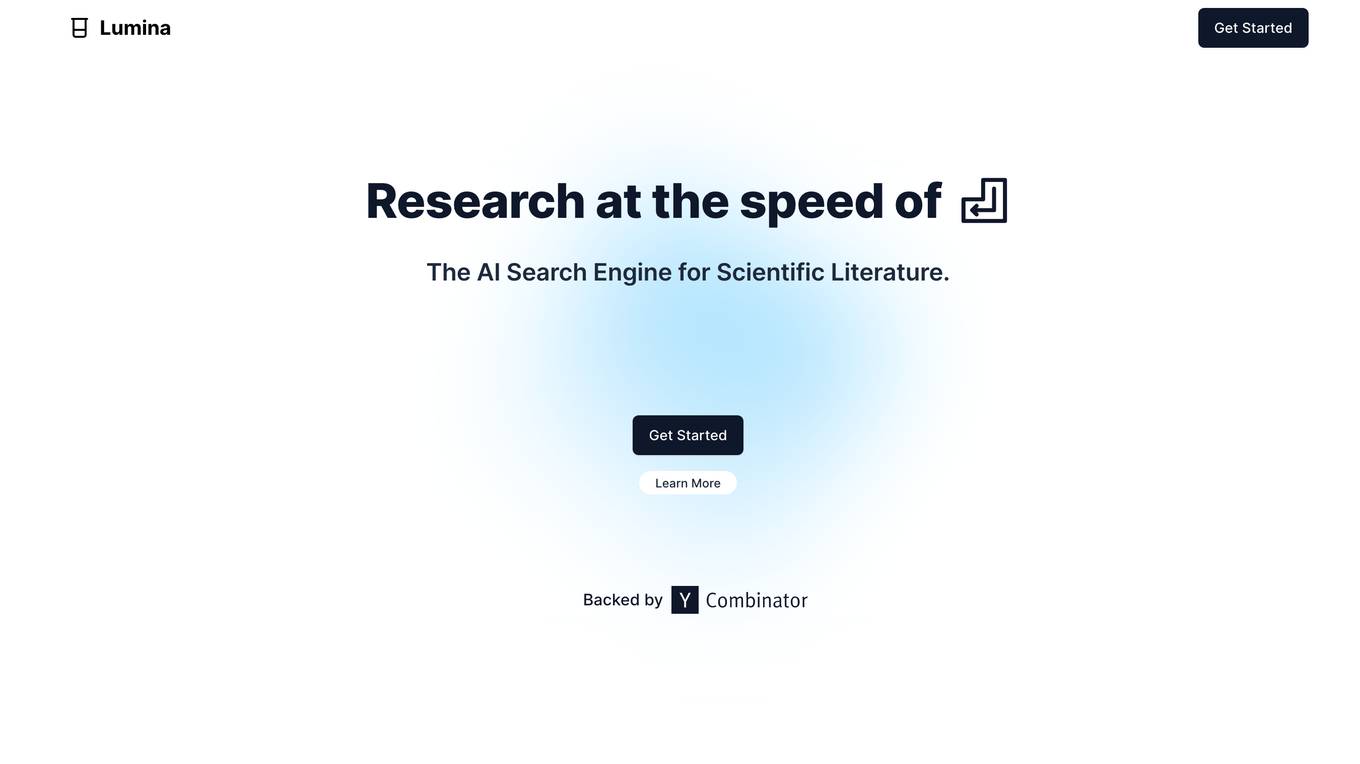
Lumina
Lumina is a research tool that uses artificial intelligence to help researchers find and analyze information more quickly and easily. It can be used to search for articles, books, and other resources, and it can also be used to analyze data and create visualizations. Lumina is designed to make research more efficient and productive.
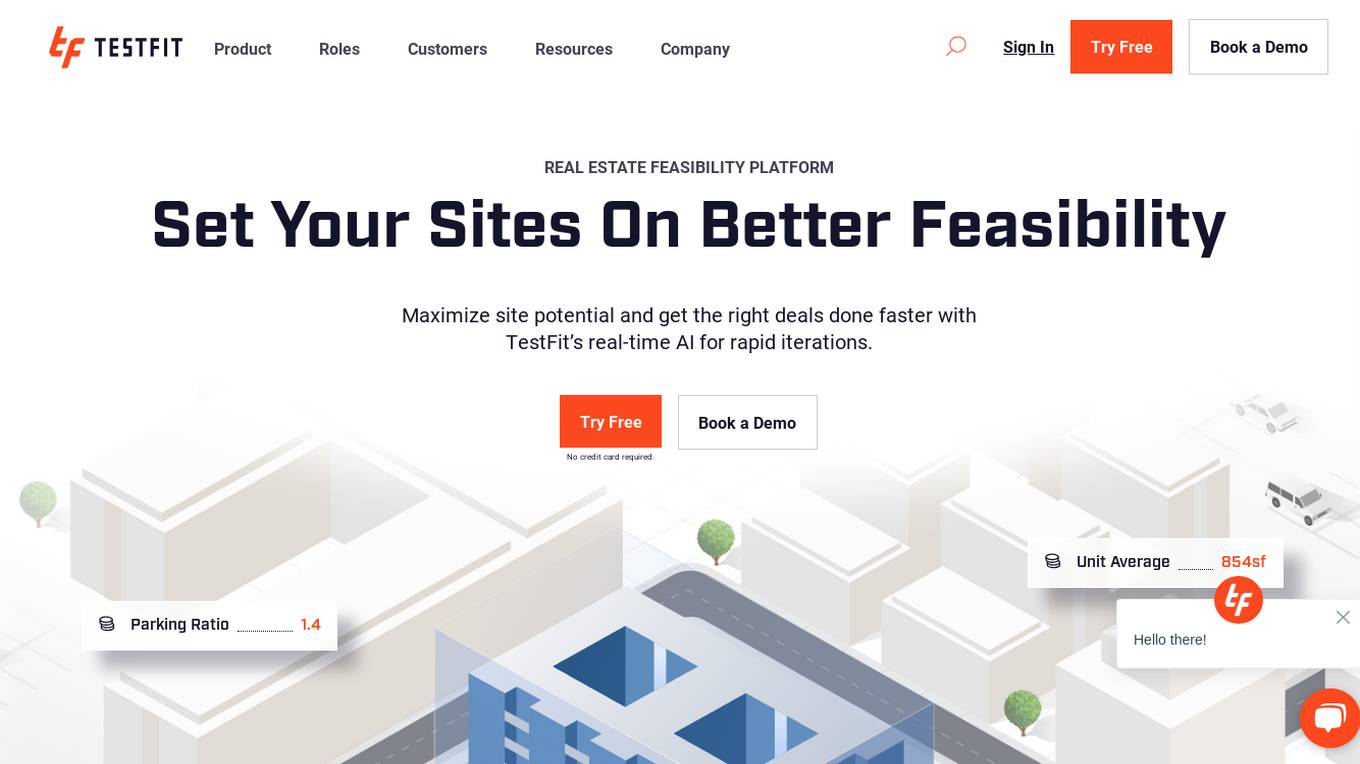
TestFit
TestFit is a real estate feasibility platform that uses AI to help developers, architects, contractors, and brokers evaluate deals and make better decisions. It provides real-time insights into design, cost, and constructability, and integrates with a variety of other software tools. TestFit can help users save time and money, and make more informed decisions about their real estate projects.
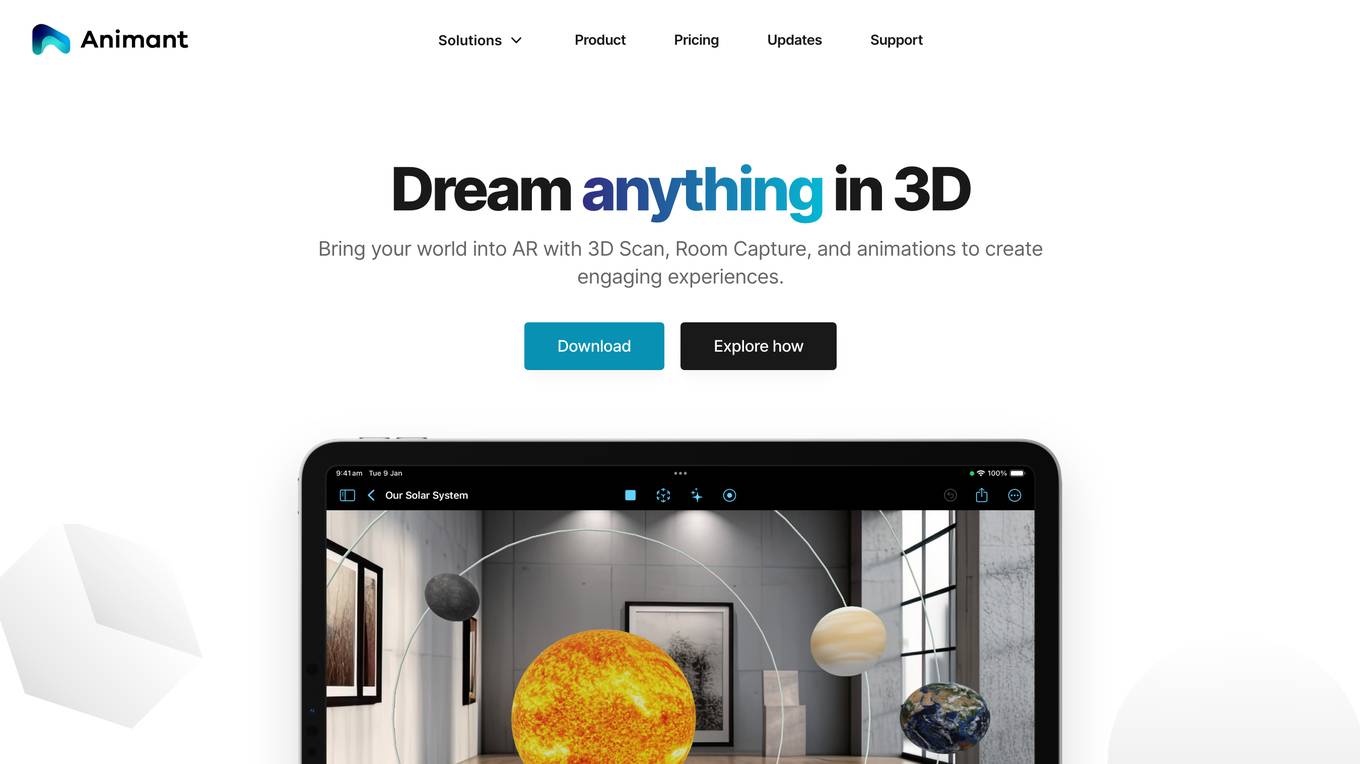
Animant
Animant is an interactive AR tool that allows users to create engaging 3D scenes, conduct 3D scanning, and capture rooms. It leverages AI to enable users to build interactive 3D scenes using natural language, without the need for 3D animation knowledge. Animant is designed for AR experiences, enabling users to visualize 3D models in their real-world environment. The tool offers features like Object Capture, Room Capture, SharePlay for collaboration, and innovative 3D path construction. It prioritizes user privacy by not collecting personally identifiable information and supports offline rendering for creative flexibility.

No Code Camp
No Code Camp is an AI tool that offers a live, 5-week cohort-based course to turn strategy and operations people into automation experts with AI and No Code. The platform enables non-technical individuals to build applications, automate workflows, and develop web platforms using graphical interfaces, AI, and tool configuration instead of writing code. No Code Camp democratizes software development, making it accessible to a broader audience, speeding up the development process, and reducing the reliance on specialized software development skills. The course covers essential topics such as Data Architecture, Interface Design, AI Scaling, and No Code Automation, equipping participants with the skills needed to automate business processes and build internal tools.
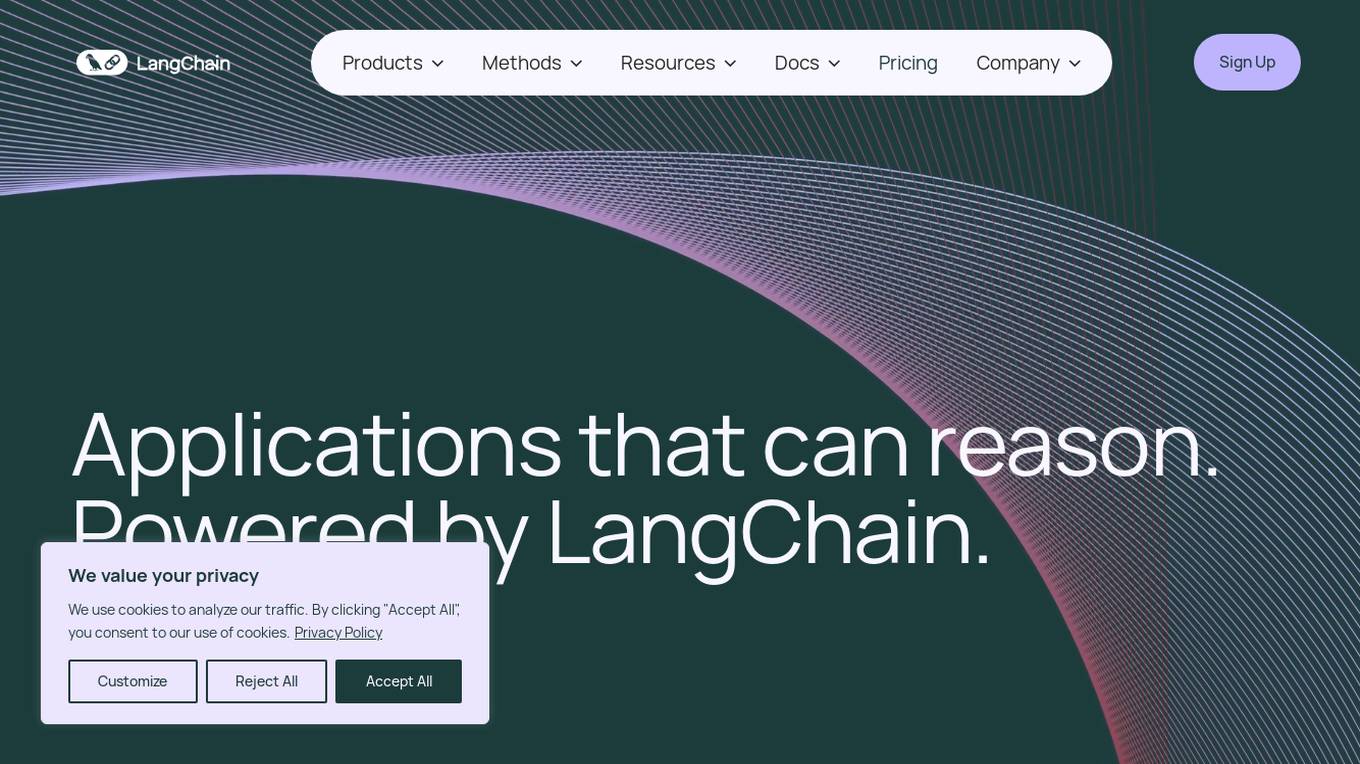
LangChain
LangChain is an AI tool that offers a suite of products supporting developers in the LLM application lifecycle. It provides a framework to construct LLM-powered apps easily, visibility into app performance, and a turnkey solution for serving APIs. LangChain enables developers to build context-aware, reasoning applications and future-proof their applications by incorporating vendor optionality. LangSmith, a part of LangChain, helps teams improve accuracy and performance, iterate faster, and ship new AI features efficiently. The tool is designed to drive operational efficiency, increase discovery & personalization, and deliver premium products that generate revenue.
Magic AI Avatars
Magic AI Avatars is an AI-powered tool that allows users to create custom profile pictures using artificial intelligence. The app analyzes uploaded photos, recognizes facial features and expressions, and then uses a deep learning algorithm to construct a realistic digital photo that closely resembles the person in the picture. Magic AI Avatars is free to use and offers a variety of different themes and styles to choose from. The app is also committed to maintaining user privacy and data security.
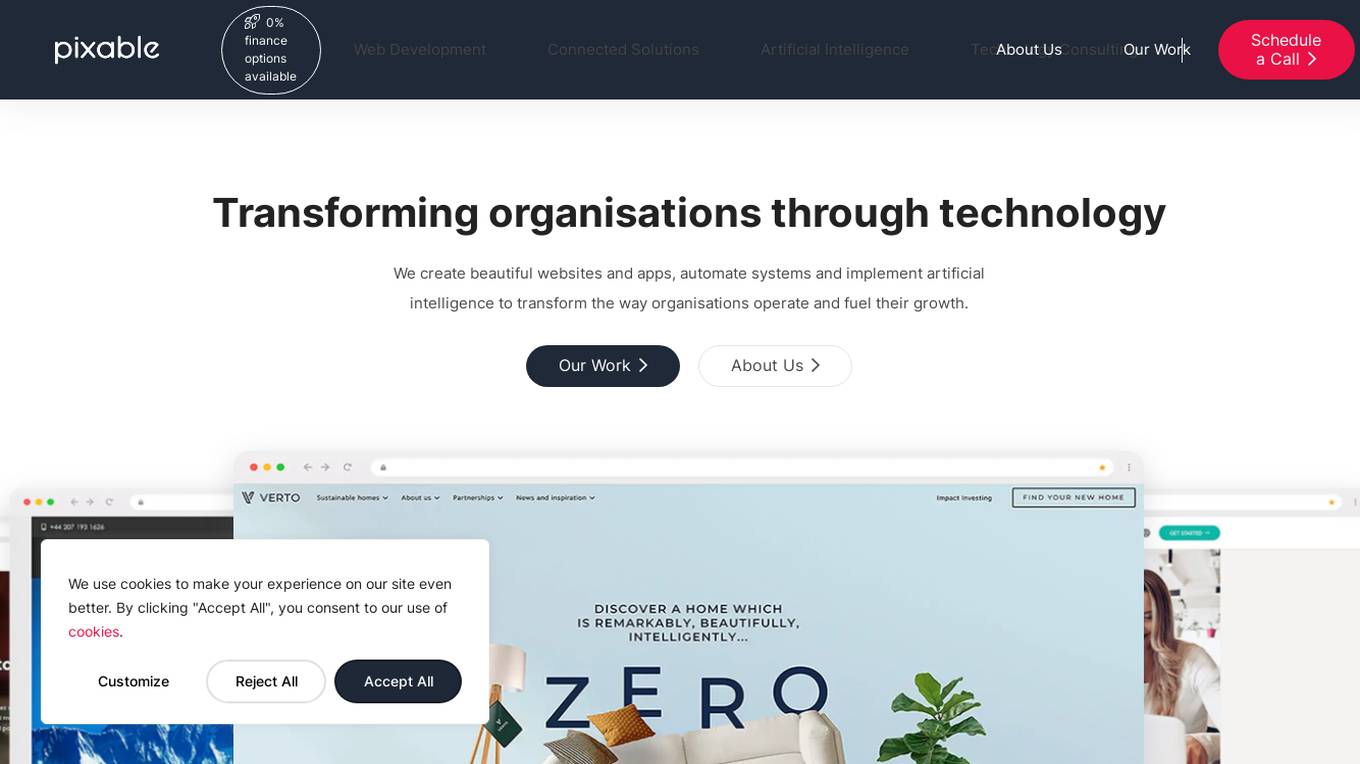
Pixable
Pixable is a technology company that specializes in transforming organizations through the intelligent implementation of technology. They create beautiful websites and apps, automate systems, and implement artificial intelligence to revolutionize the way organizations operate and drive their growth. Pixable offers end-to-end technology services, including web development, connected solutions, artificial intelligence, and technology consulting. They help organizations navigate the complex web development landscape and realize their technological goals by embedding AI into the digital core of organizations. Pixable constructs elegant solutions that solve complex technological challenges, adding value for clients worldwide.
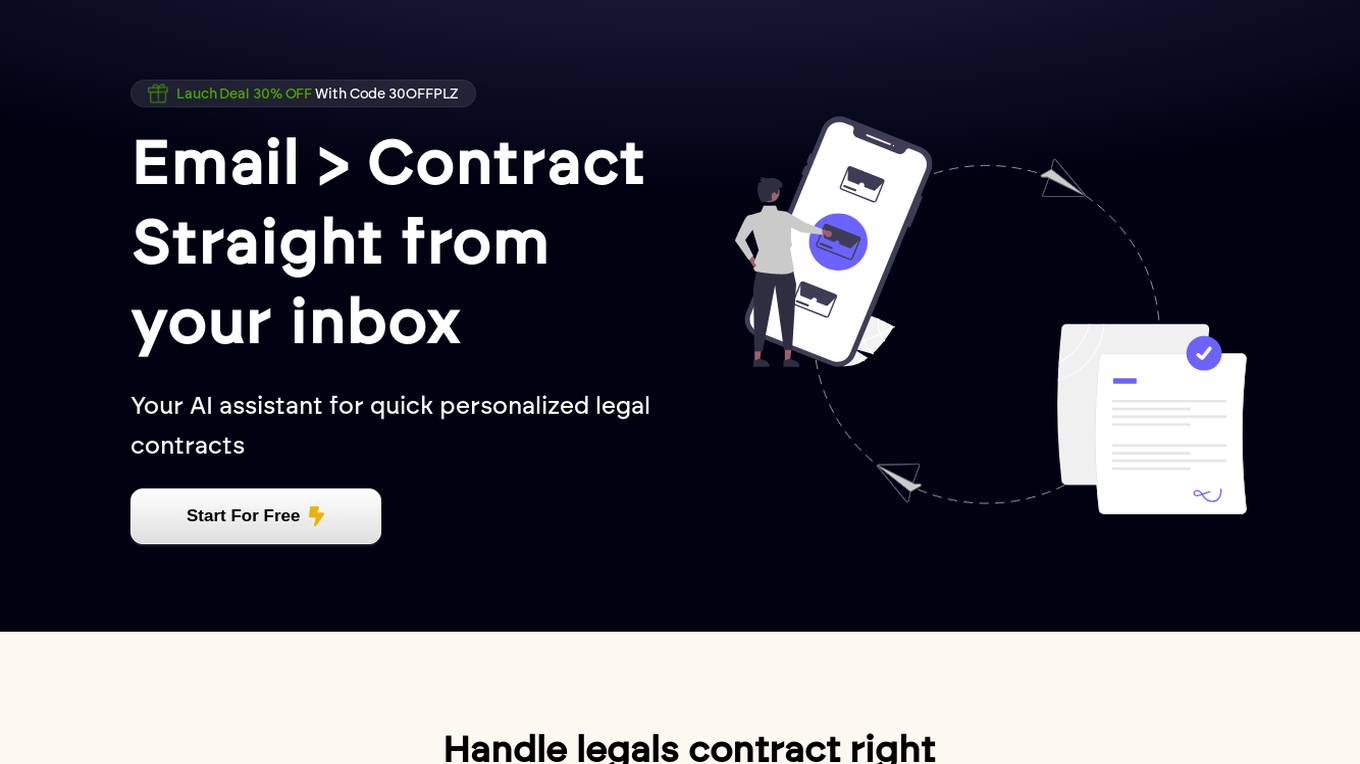
Email To Contract
Email To Contract is an AI tool that transforms emails into contracts seamlessly. It simplifies the process of creating tailored contracts by analyzing email conversations and generating contracts based on predefined templates. The tool is designed to work with various types of contracts such as NDAs, influencer agreements, and freelancer contracts. Users can forward email threads to the designated email address and receive a customized contract in return. Email To Contract offers affordable pricing plans, unlimited credits, and modulable access to different contract types. The application is user-friendly, fast, and eliminates the hassle of manual contract creation.

ContractWorks
ContractWorks is a contract management software that helps businesses organize, track, and manage their contracts. It offers a centralized repository for storing contracts, automated alerts and notifications, custom reporting, and electronic signature capabilities. ContractWorks also uses AI to power its search and review機能, allowing users to quickly find any contract, clause, or key term. With ContractWorks, businesses can improve contract visibility, reduce risk, and save time and money.
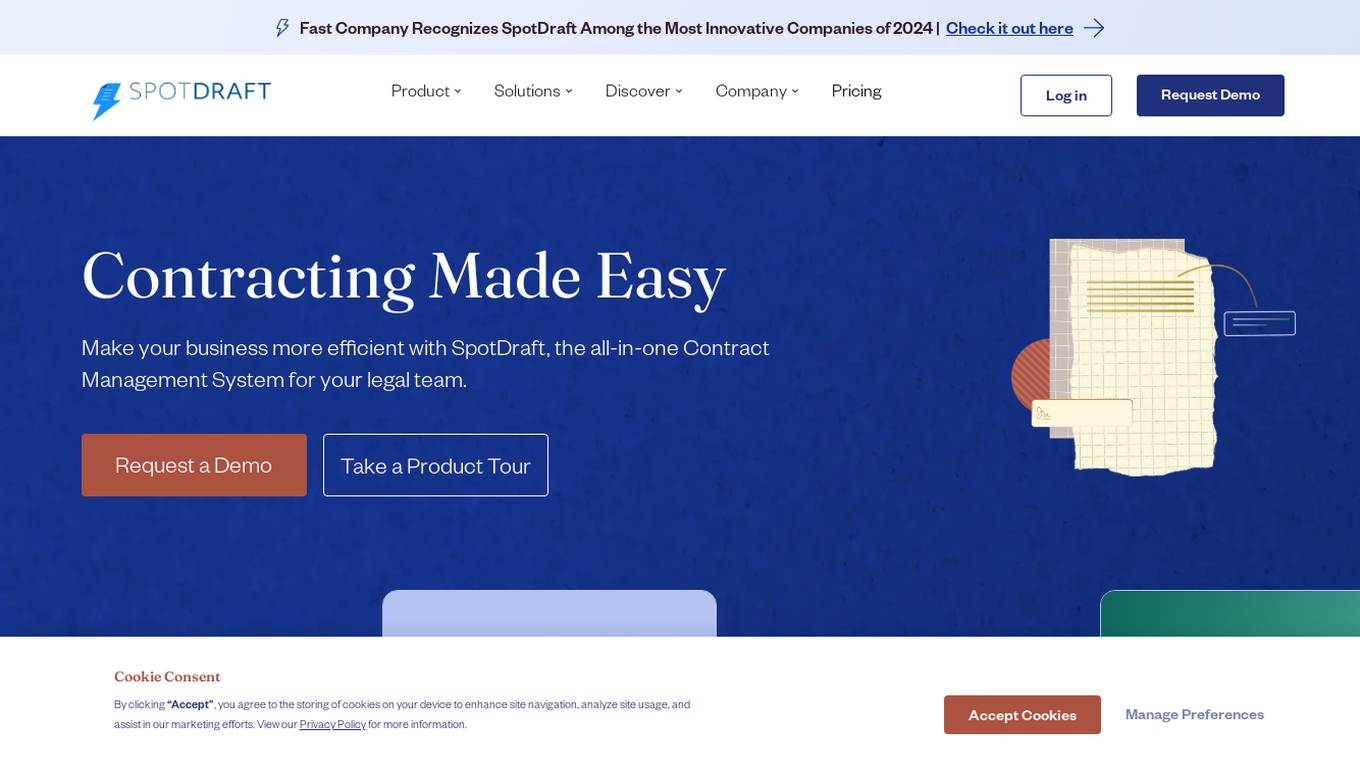
SpotDraft
SpotDraft is an AI-powered contract management system that helps businesses of all sizes simplify, automate, and accelerate their legal processes. With SpotDraft, you can create contracts in minutes, close deals faster, and gain better control over your business's cash flow. SpotDraft is trusted by general counsel and legal teams at cutting-edge organizations such as Beamery, Chargebee, Zai, and PostScript.
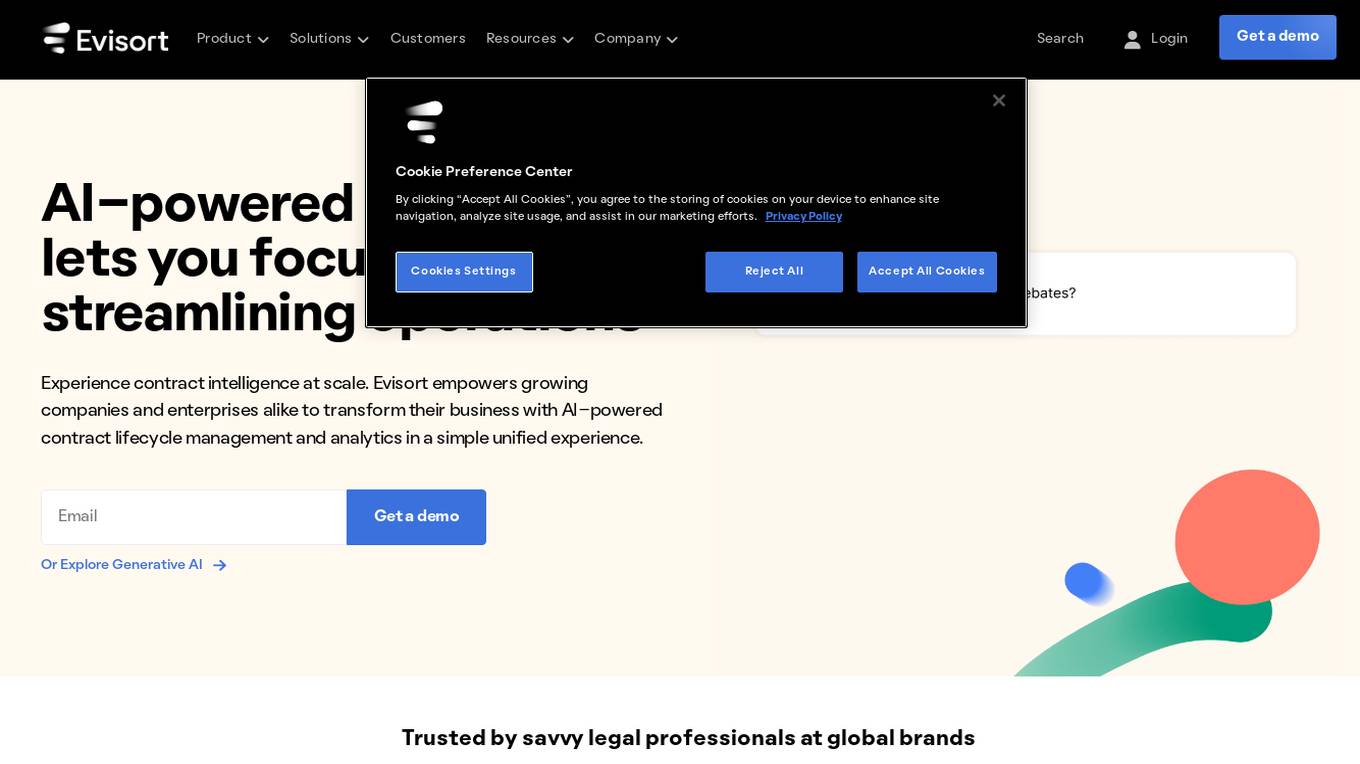
Evisort
Evisort is an AI-powered contract management software that simplifies contract management at every stage. It offers a complete, AI-native platform for end-to-end contract lifecycle management, including the first large language model built specifically for contracts. Evisort's AI capabilities enable users to ask questions about their contracts in simple, natural language and get clear, reasoned answers. It can also track terms of interest across all contracts and related documents, and generate data points that matter for sales, procurement, risk, and finance teams. Additionally, Evisort's AI-powered workflows automate tasks such as redlining, clause generation, and contract approvals, saving time and reducing risk.
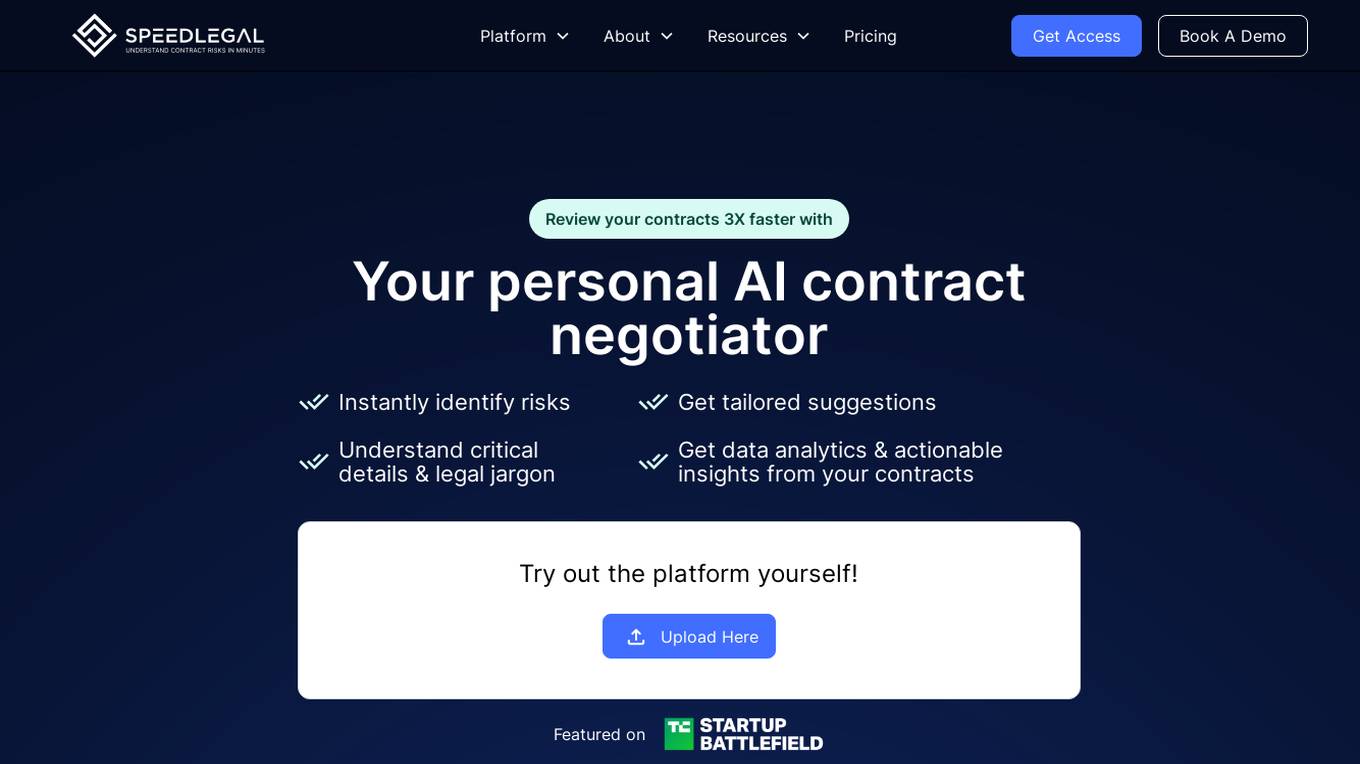
SpeedLegal
SpeedLegal is a technological startup that uses Machine Learning technology (specifically Deep Learning, LLMs and genAI) to highlight the terms and the key risks of any contract. We analyze your documents and send you a simplified report so you can make a more informed decision before signing your name on the dotted line.
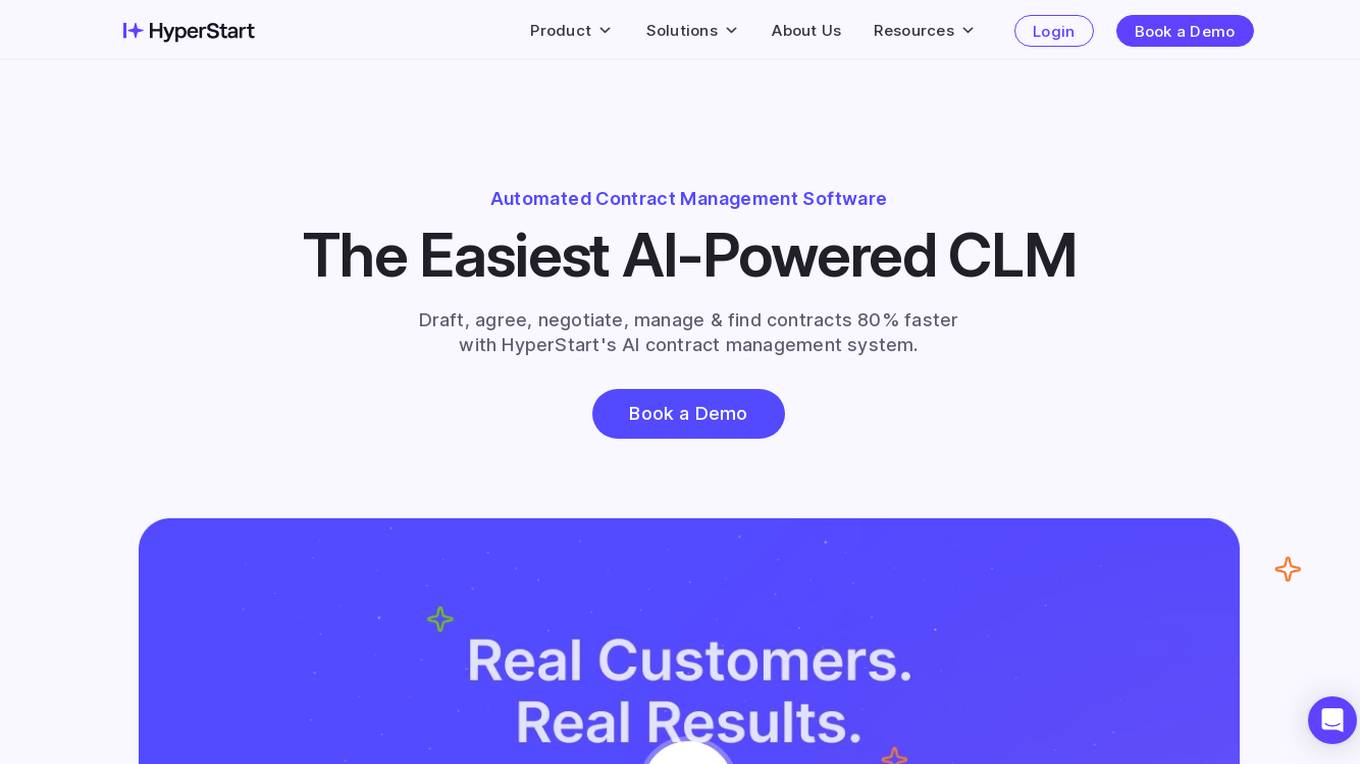
HyperStart
HyperStart is an AI-powered Contract Management Software that offers end-to-end contract management solutions. It enables users to create contracts from templates within minutes, automate contracting processes with workflows, close contracts faster with version tracking and AI, execute contracts with legally binding e-signatures, find any contract or data instantly, track renewals with auto reminders, and optimize processes with data-driven analytics. The software provides features like AI-powered contract reviews, real-time collaboration, contract risk analysis visualization, and solutions tailored for various industries such as legal, HR, construction, government, finance, non-profit, procurement, healthcare, telecom, sales, real estate, oil & gas, and more.

Diligen
Diligen is a machine learning powered contract analysis tool that helps teams streamline their contract review process. It can identify key provisions, generate contract summaries, and help teams manage review with machine learning powered analysis. Diligen is used by law firms, legal service providers, and corporations around the world to make high quality contract review faster, more efficient, and more cost effective.
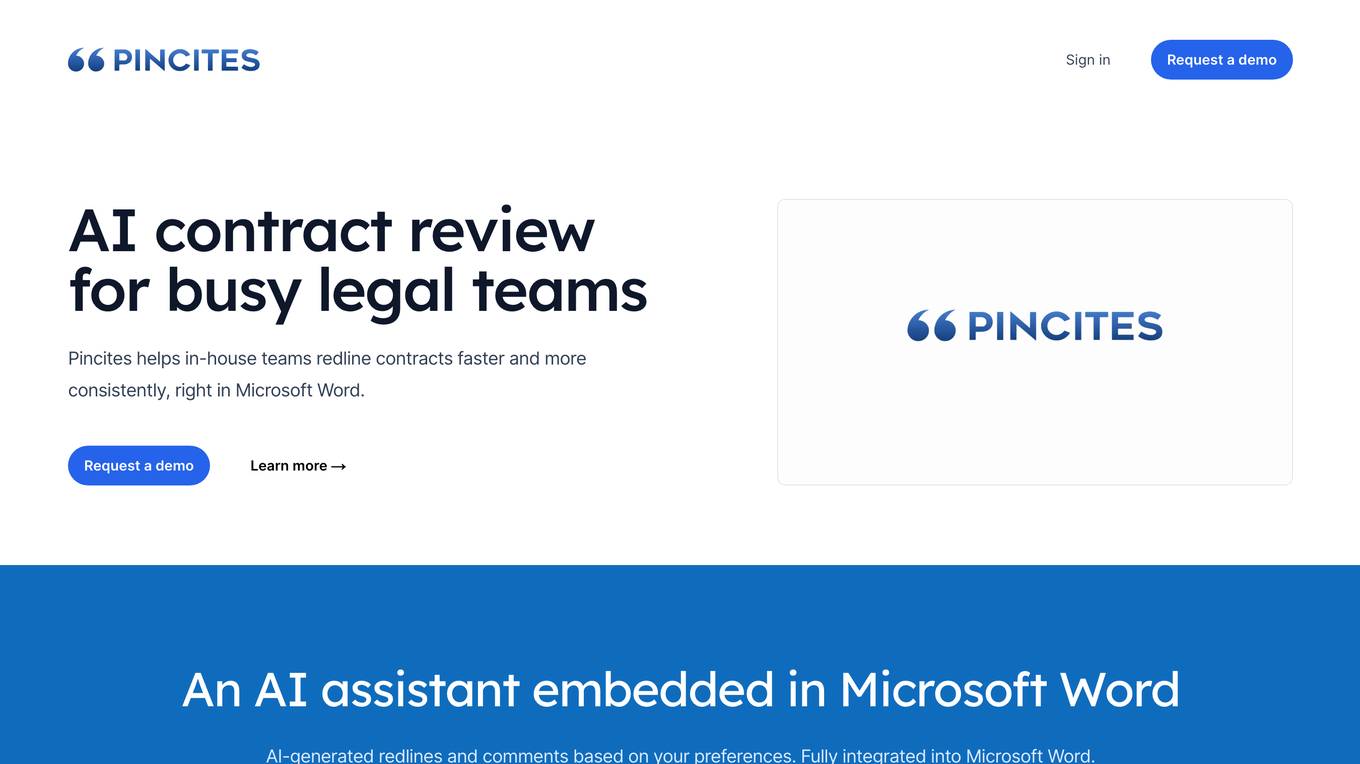
Pincites
Pincites is an AI contract review tool designed for busy legal teams to streamline the contract review process. It offers automated redlining, suggestions, and trend analysis within Microsoft Word, helping legal professionals negotiate contracts faster and more efficiently. Pincites leverages AI to provide real-time feedback, learn user preferences, and identify patterns in contracts to enhance negotiation strategies.
1 - Open Source AI Tools
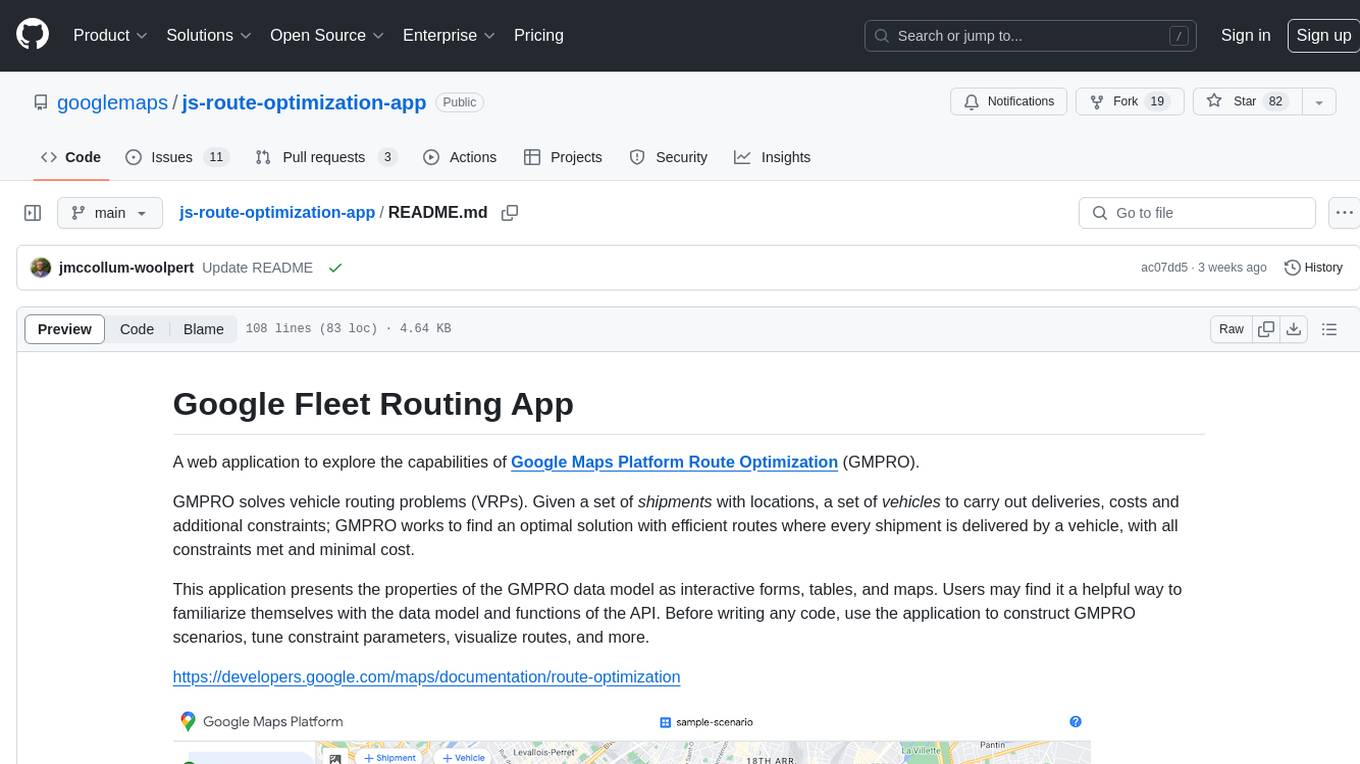
js-route-optimization-app
A web application to explore the capabilities of Google Maps Platform Route Optimization (GMPRO). It helps users understand the data model and functions of the API by presenting interactive forms, tables, and maps. The tool is intended for exploratory use only and should not be deployed in production. Users can construct scenarios, tune constraint parameters, and visualize routes before implementing their own solutions for integrating Route Optimization into their business processes. The application incurs charges related to cloud resources and API usage, and users should be cautious about generating high usage volumes, especially for large scenarios.
20 - OpenAI Gpts
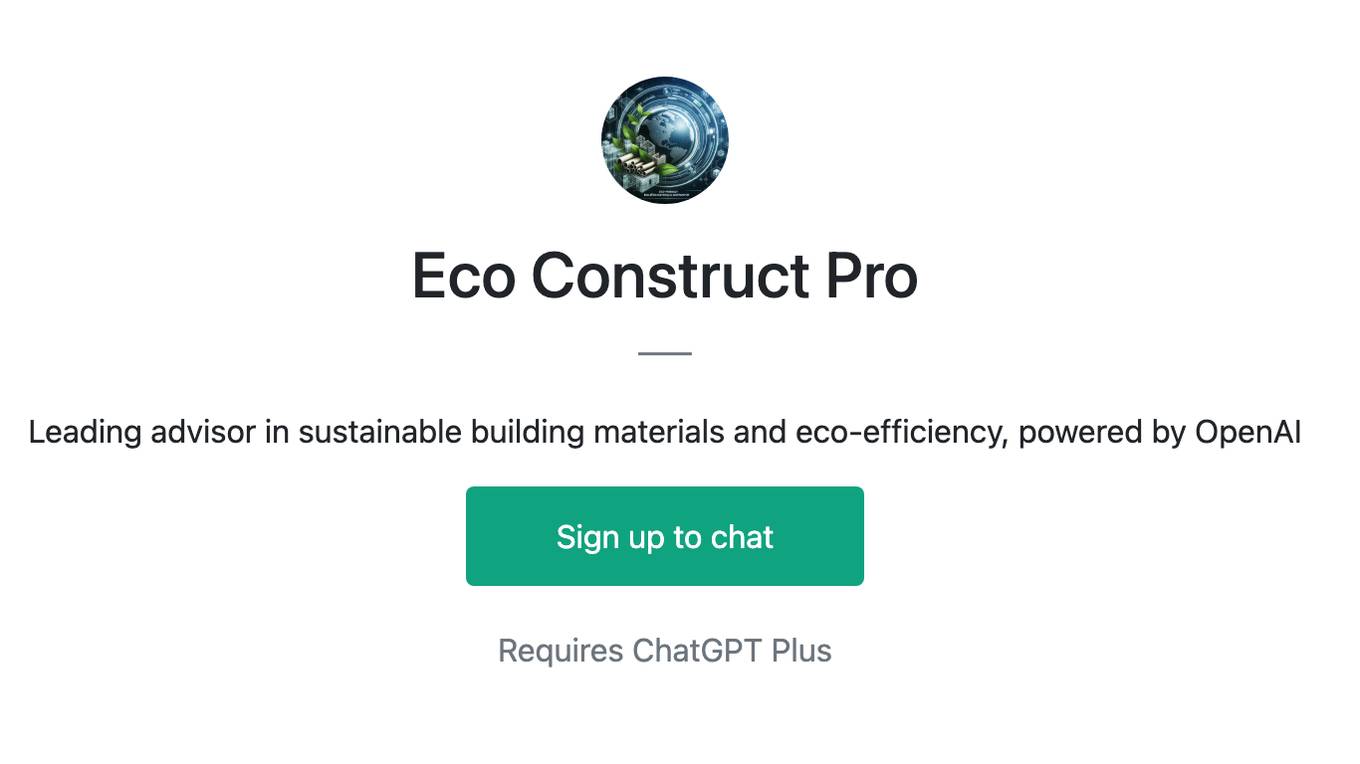
Eco Construct Pro
Leading advisor in sustainable building materials and eco-efficiency, powered by OpenAI

MTG Deck Wizard
Hello! Welcome to the realm of the planeswalkers. I am here to help you construct an MTG deck to suit your every need! Just let me know what colors or types of decks you'd like to build, and I will do my best to help you on the journey!

HouseGPT
This GPT will take a user's data and use it to construct a fake TV scene. Start by providing it with your character's Patient Profile, Diagnostic Findings, and Lab Data
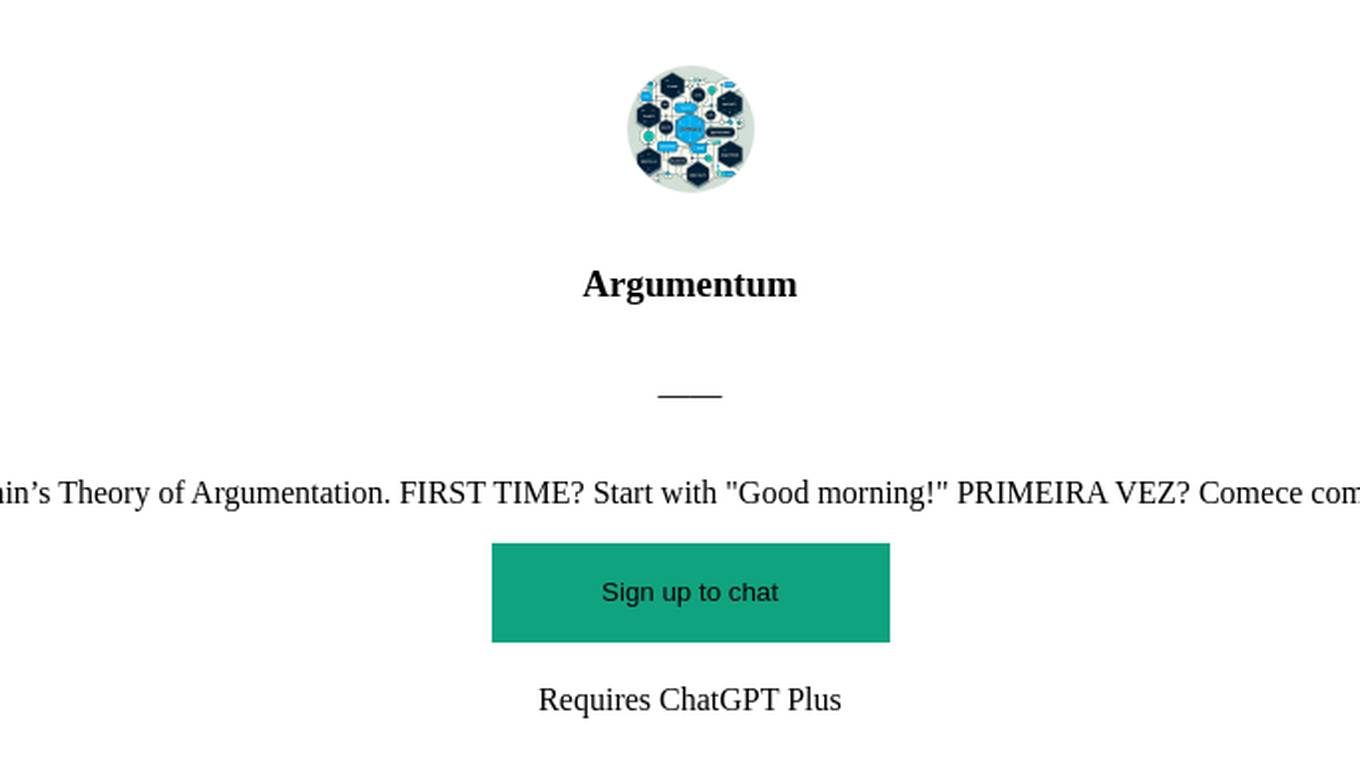
Argumentum
Stephen Toulmin’s Theory of Argumentation. FIRST TIME? Start with "Good morning!" PRIMEIRA VEZ? Comece com um "Bom dia!"
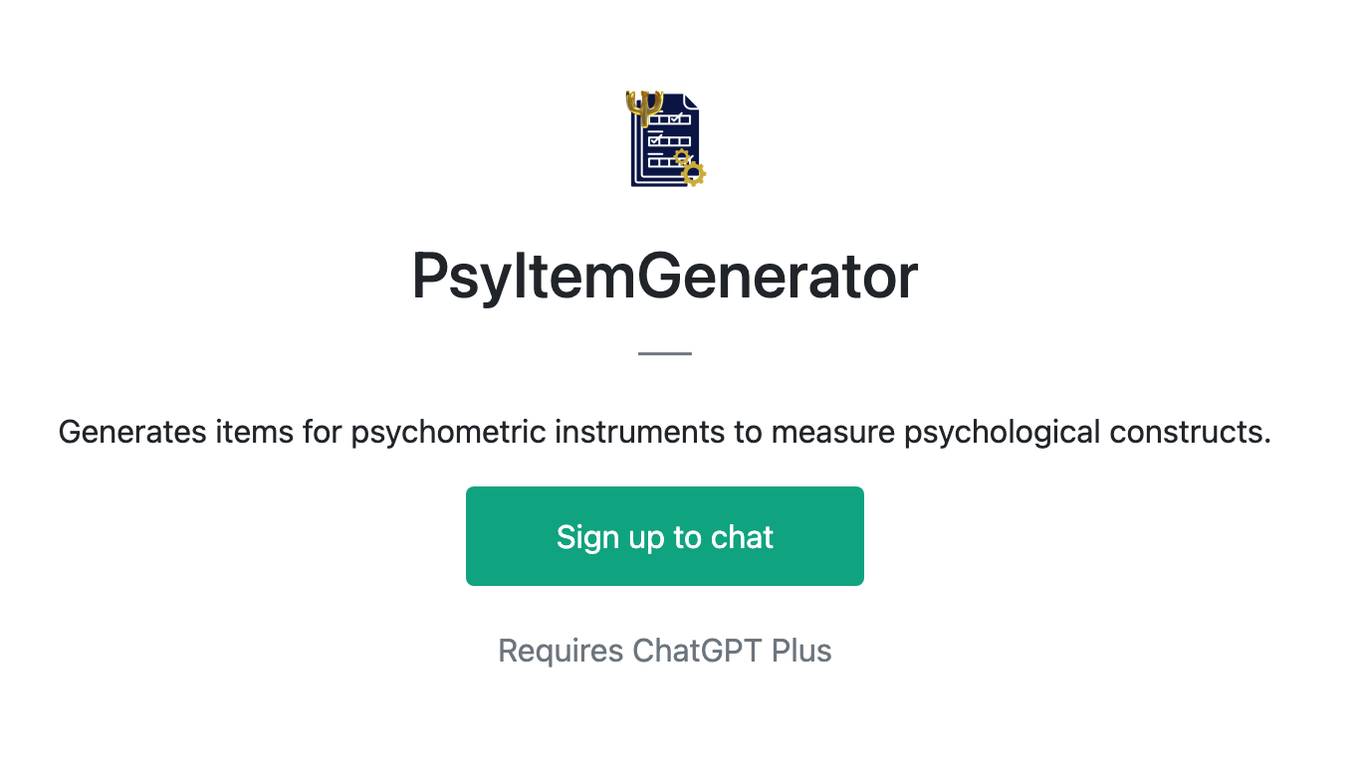
PsyItemGenerator
Generates items for psychometric instruments to measure psychological constructs.

USA Contract Law Master
Expert in answering Contract Law queries for small businesses in the USA

Contract Negotiation Advisor
Facilitates efficient business operations through effective contract negotiations.
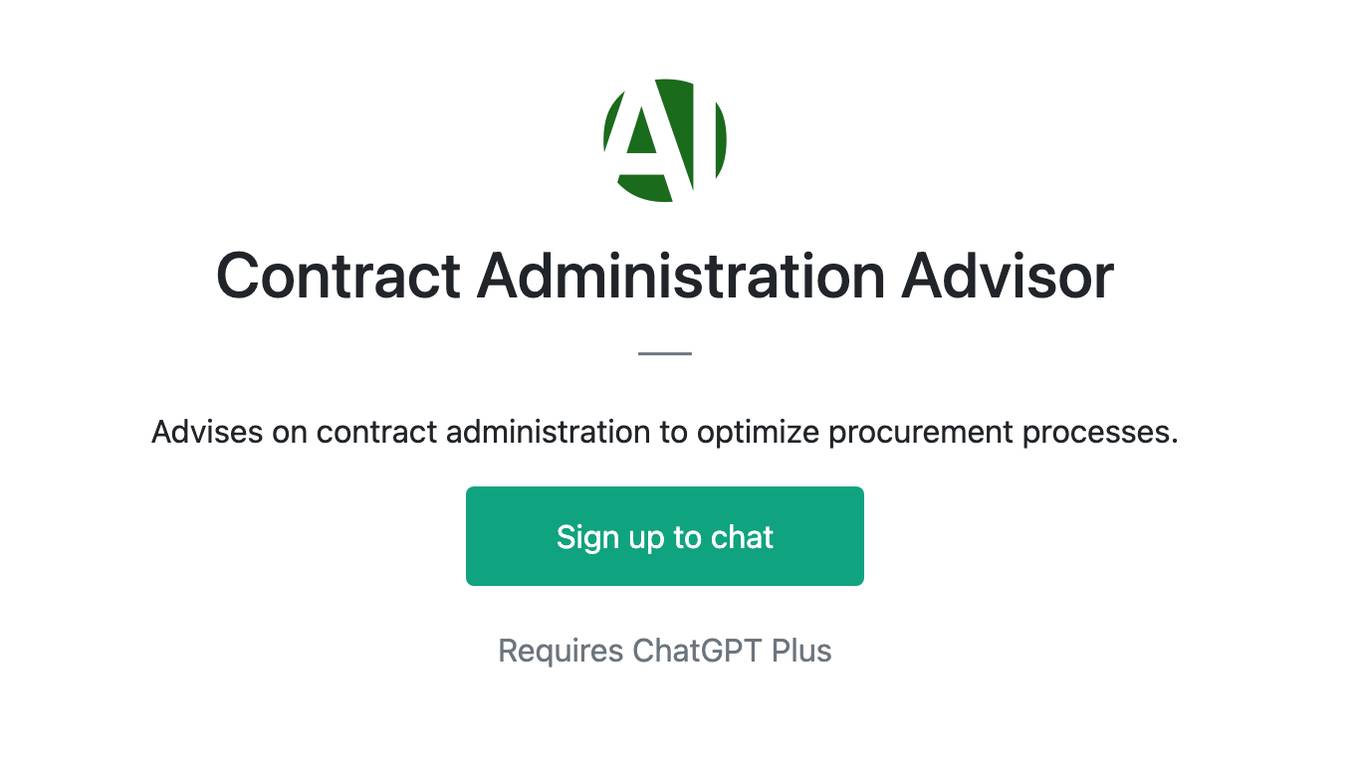
Contract Administration Advisor
Advises on contract administration to optimize procurement processes.
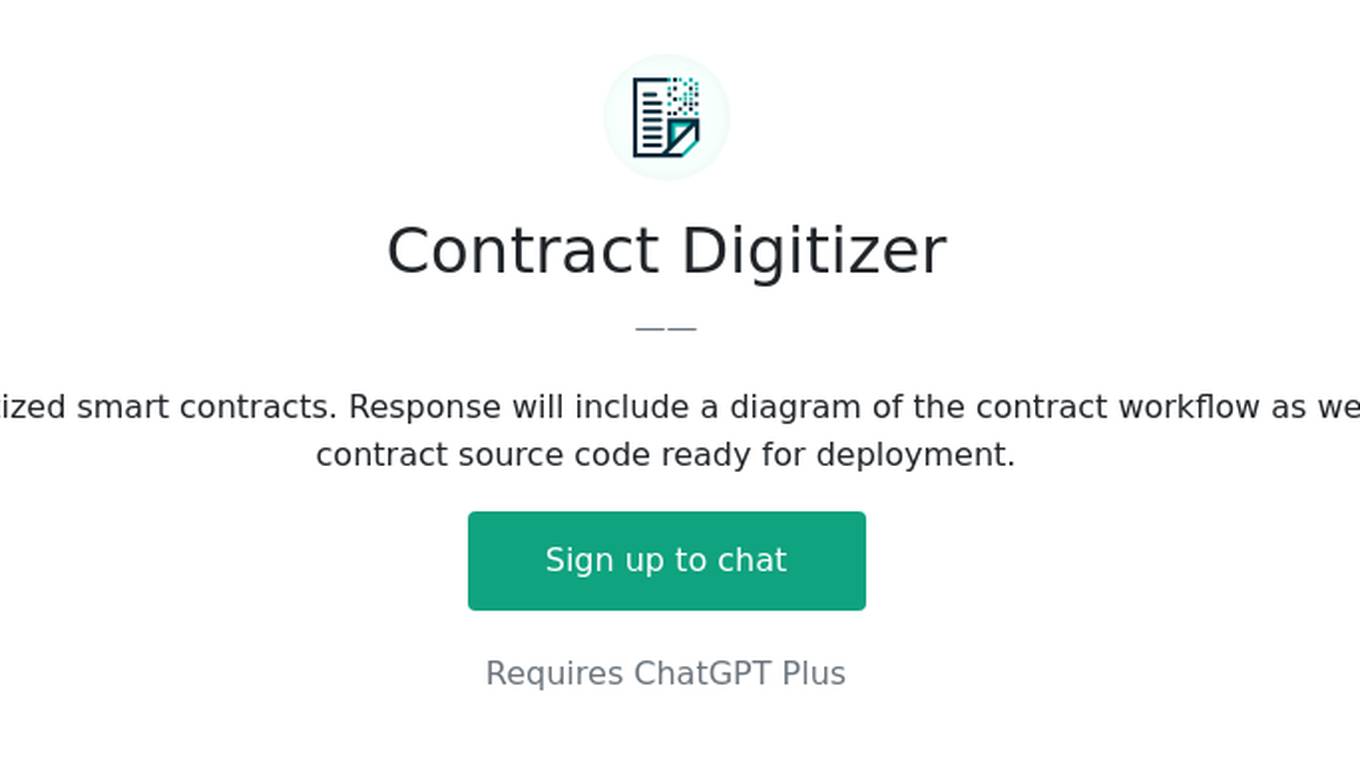
Contract Digitizer
Transforms regular contracts into digitized smart contracts. Response will include a diagram of the contract workflow as well as a link to easily auditable smart-contract source code ready for deployment.
